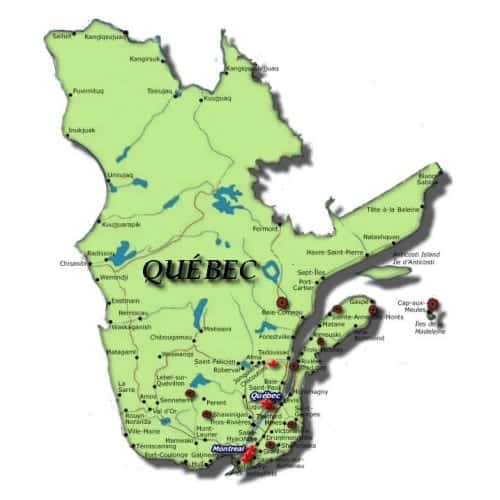Emergency Preparedness in Quebec
Although storm surges can happen along any coastal areas in Canada, Quebec is particularly at risk because of all the extra shorelines along the Great Lakes. Typically, a storm surge causes huge waves and rising water levels, along with increased wind speeds and building air pressure. They’re caused by abnormal rises in water levels, which are themselves caused by wind and water pressure pushing the water onto shore. Most of the time, storm surges result in flooding.
As their name implies, storm surges can happen without any warning, leaving residents of the area–especially in low-lying areas near the shoreline–with no time to prepare.
That’s why it’s so crucial to prepare in advance!
If you’re in an area affected by storm surges, make sure you stay tuned into the Meteorological Service of Canada for warnings during any stormy weather. Warnings for potential coastal flooding can be issued up to 48 hours before they’re predicted to occur.
Preparing for a Storm Surge
- Identify vulnerabilities in your house and repair them. Close all windows.
- Learn how to turn off the gas and electricity in your house.
- Keep important documents and other valuables at a high level, in your house.
- Keep a portable emergency kit at-the-ready, in case you need to evacuate, and communicate your emergency plan with your loved ones or housemates. Your kit should include food, water, shelter, and first aid supplies for each member of your family or group. Ideally, you’ll be able to sustain yourselves for 2 weeks! If you have kids, you may want to try out our Children’s Comfort Emergency Kit, too.
- Make sure your car is fueled up.
- Become familiar with first aid.
- Ideally, learn how to swim!
During a Storm Surge
- Stay on the downwind side of the house, in case of windows breaking and glass shards flying inwards.
- Stay tuned into local radio stations that are tracking the storm.
- Familiarize yourself with evacuation plans in place. Rescue officials will be coordinating and communicating via local radio stations, as well.
- Steer clear of flood waters.
If you’d like to learn more about storm surges, please find some more facts and research here.
Article contributed by Sophie Wooding – Avid gardener and cyclist in Victoria, BC and Content Writer for Frontier.io







